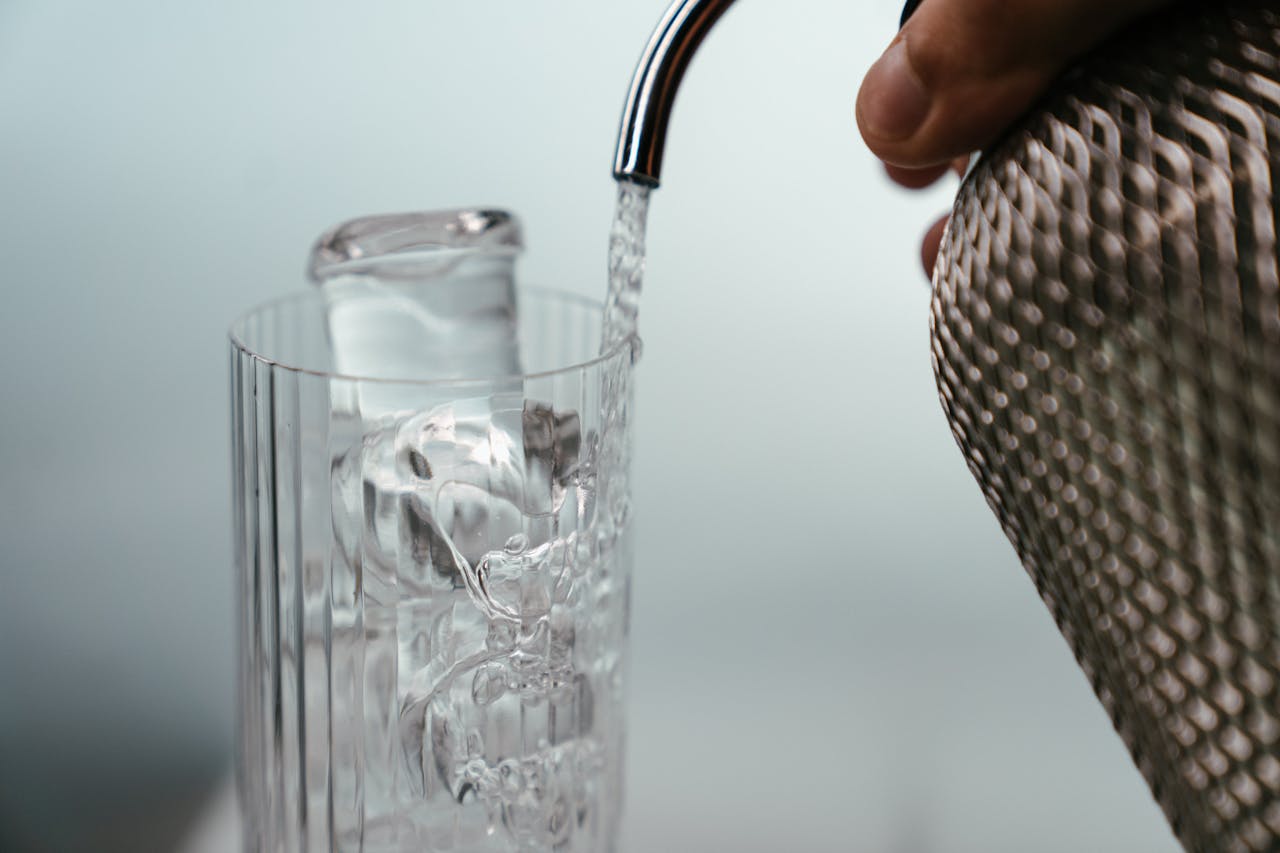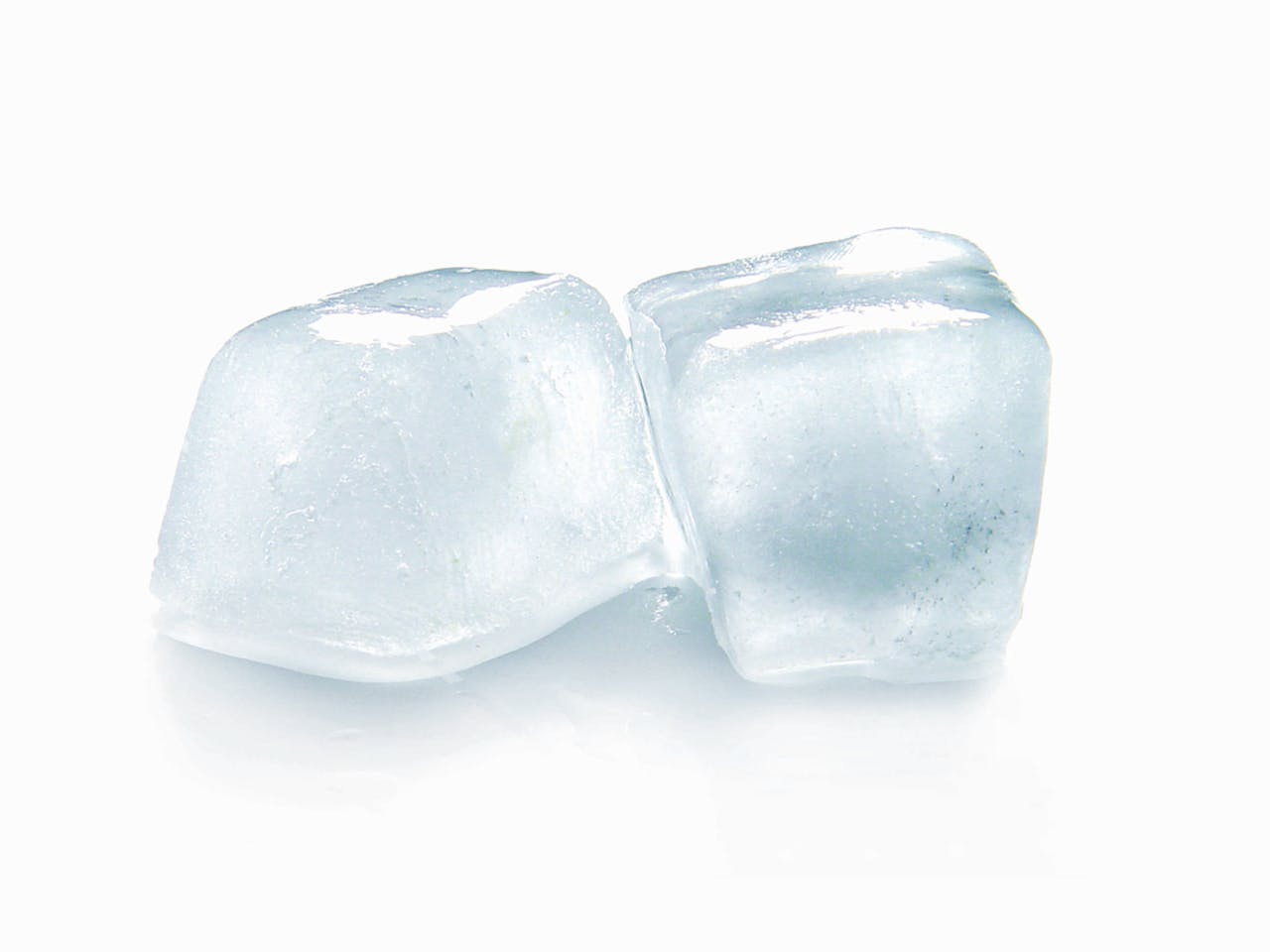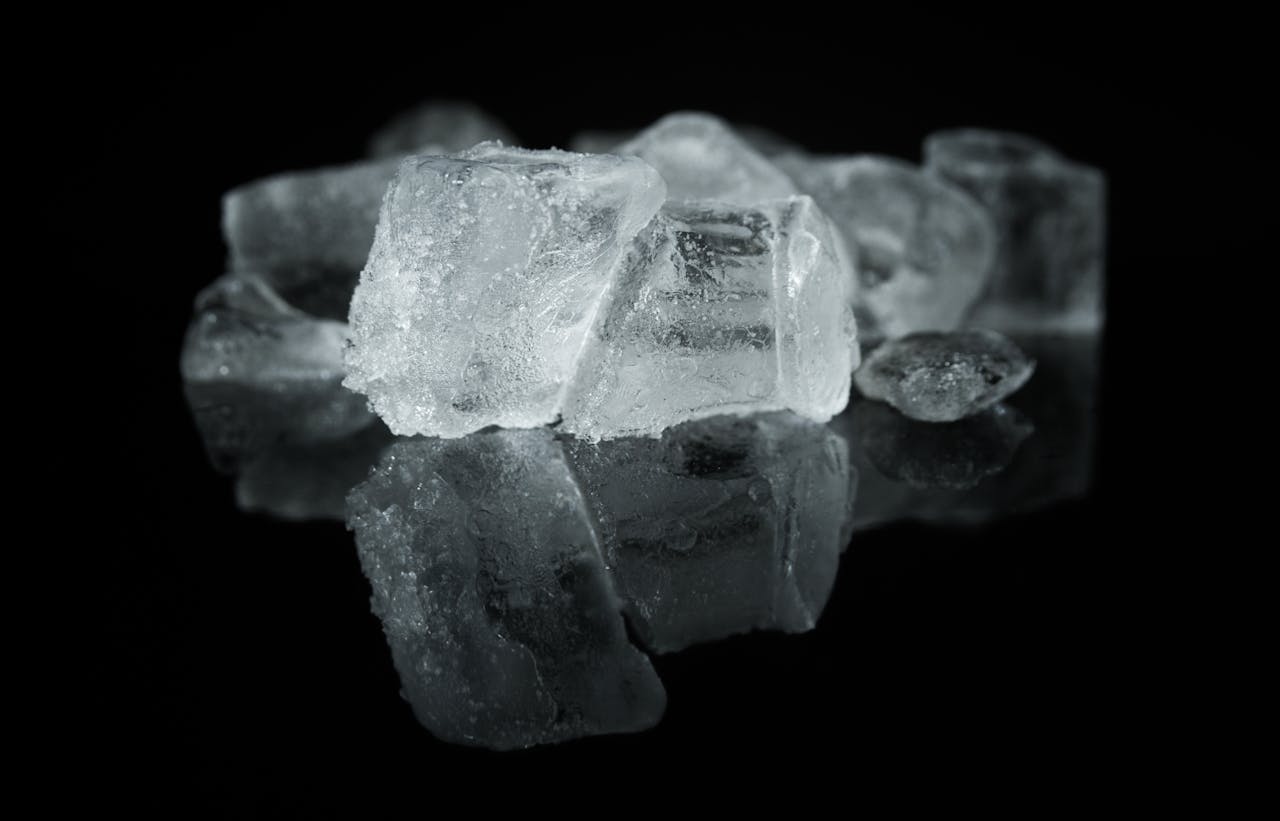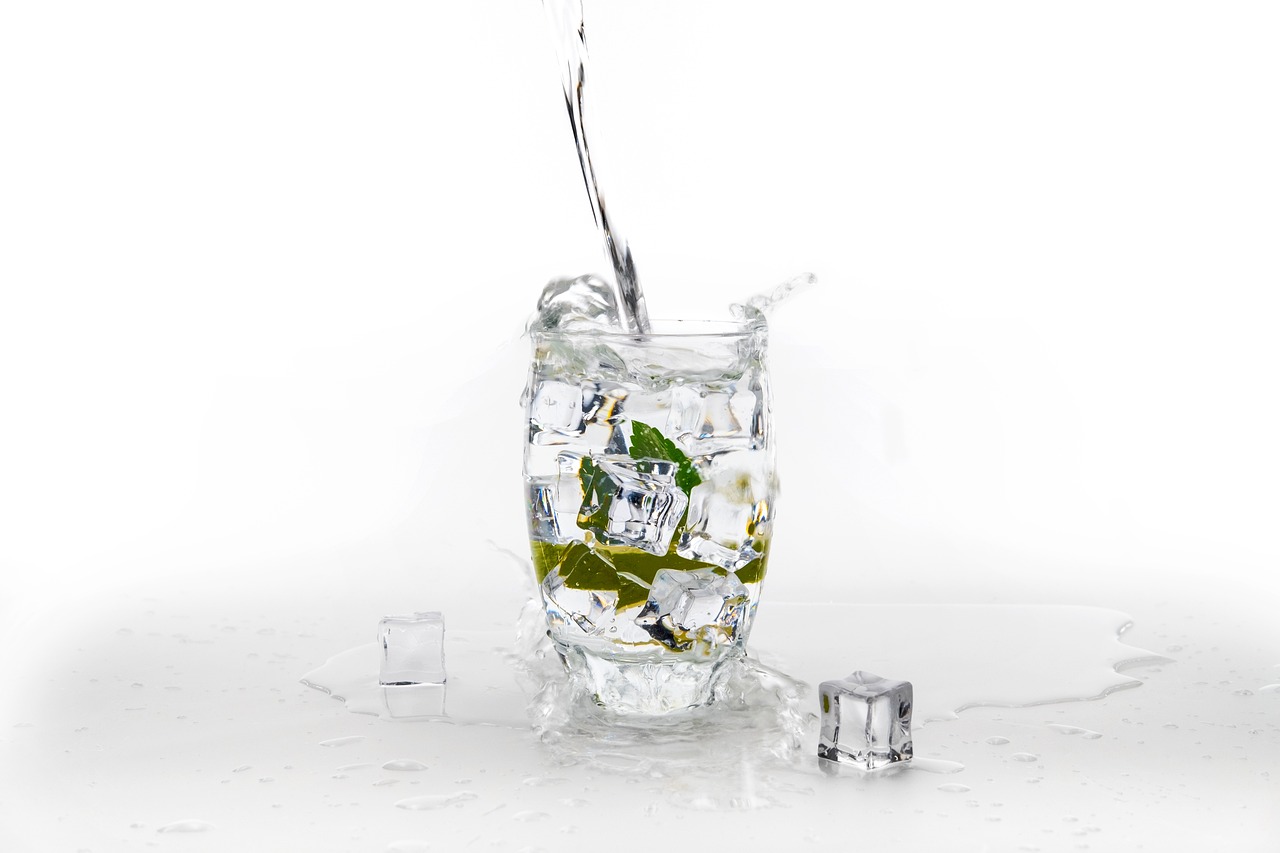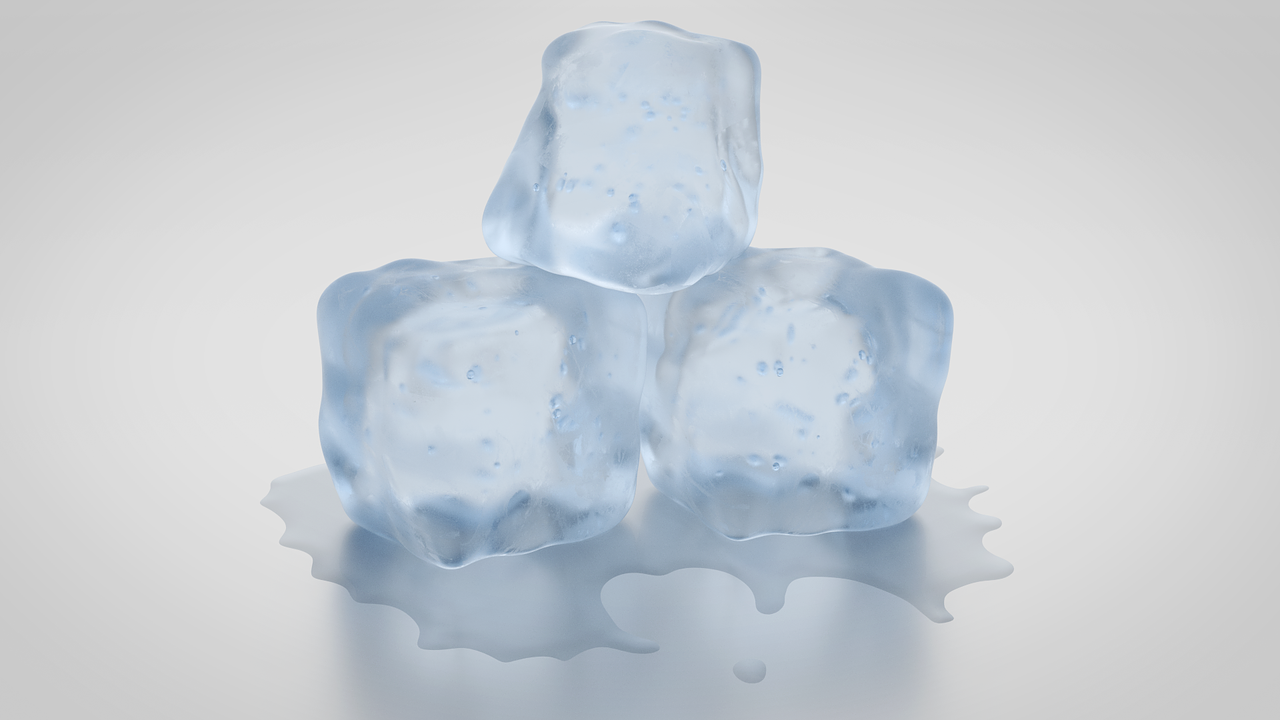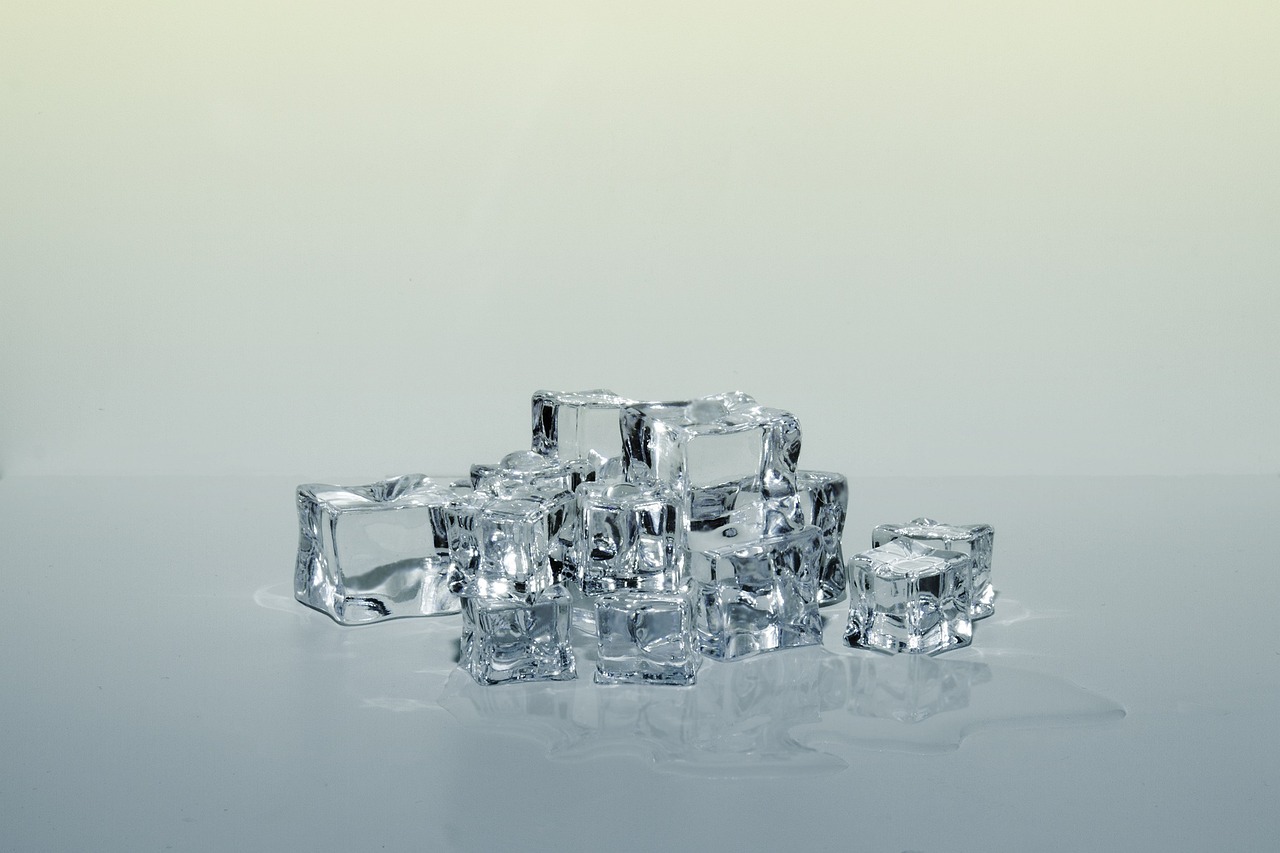Your icemaker is one of those appliances you rarely think about—until it stops working properly. Whether you rely on it for daily convenience or occasional gatherings, a malfunctioning icemaker can throw a wrench in your plans. But before it completely breaks down, there are usually clear warning signs that indicate something is wrong. Ignoring these signs can lead to more serious problems and costly repairs.
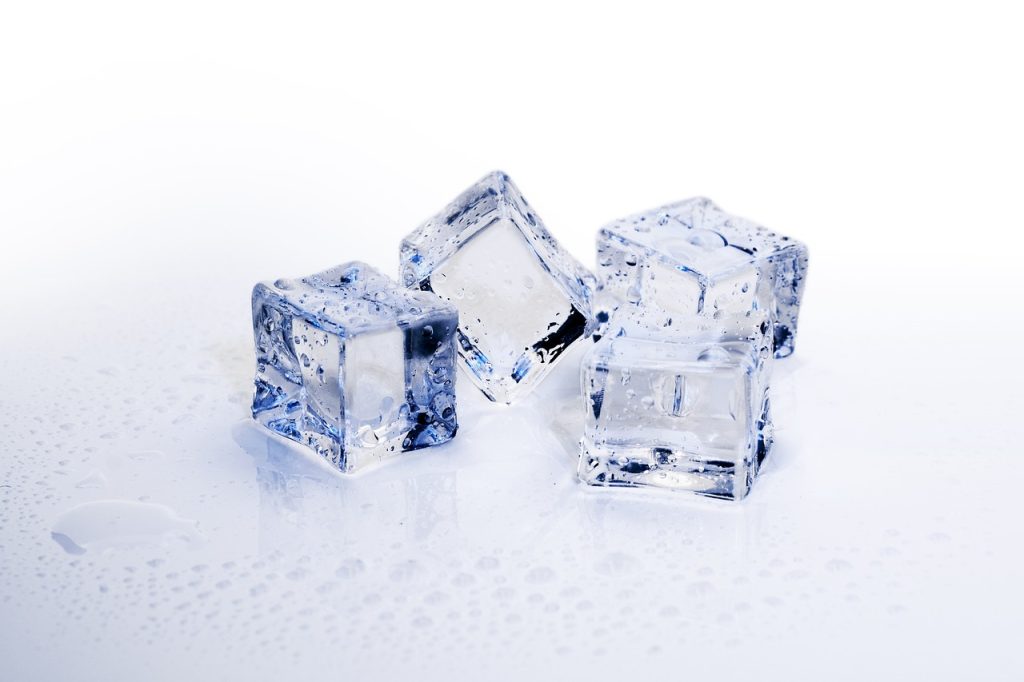
The good news is that most icemaker issues can be addressed early on if you know what to look for. From strange noises to inconsistent ice production, these red flags often serve as indicators that your icemaker needs immediate attention. Recognizing these symptoms early can save you from bigger headaches down the line, like total system failure or water leaks that could damage your kitchen.
In this article, we’ll cover nine common signs that your icemaker is malfunctioning. By the end, you’ll have a clear understanding of what to watch out for and when it’s time to call a professional for help. Don’t let a small problem turn into a costly disaster—stay ahead of the game by keeping your icemaker in top shape.
1. Low Or No Ice Production
If your icemaker suddenly starts producing little to no ice, this is often the first indicator that something is wrong. A common cause could be a clogged water filter, which reduces the flow of water into the system, limiting ice production. Another potential issue could be a faulty water inlet valve, which is responsible for supplying water to the icemaker. Mechanical failures, such as a broken motor or jammed ejector arms, can also lead to a complete halt in ice production.
It’s important to act quickly when your icemaker shows signs of reduced or no ice output. Ignoring this problem can lead to a larger failure, potentially affecting other parts of the refrigerator. Replacing the water filter or having a technician inspect the water inlet valve can often resolve the issue before it escalates.
2. Ice Cubes Are Smaller Than Normal
When your icemaker starts producing ice cubes that are noticeably smaller than usual, it could indicate restricted water flow. This might be due to a kink in the water supply line or an issue with the water pressure in your home. A reduced flow of water prevents the icemaker from filling the mold properly, leading to undersized ice cubes.
Small ice cubes may also be a sign that the icemaker’s components are aging or malfunctioning. In either case, it’s important to check the water supply line and ensure proper pressure is being maintained. If the problem persists, it’s worth having a professional assess the internal components to prevent further damage.
3. Strange Noises
Unusual noises coming from your icemaker, such as rattling, grinding, or knocking, are clear signs of trouble. These noises often indicate that internal parts like the motor or fan are malfunctioning or becoming worn out. Rattling can also be caused by ice that is stuck or jammed in the dispensing mechanism, which can stress the motor over time.
Ignoring these strange sounds could lead to a complete breakdown of the icemaker, which may result in a more costly repair. It’s best to investigate the source of the noise as soon as possible to prevent the issue from getting worse. In some cases, simply clearing out a jam can restore normal function.
4. Leaking Water
If you notice water leaking from your icemaker or around the freezer, it’s a serious sign that something is wrong. Leaks can occur due to a broken water inlet valve or a clogged drainage system, which prevents water from flowing where it should. A damaged water line or improper installation could also be to blame.
Water leaks not only compromise the icemaker’s efficiency but also pose a risk to other components of your refrigerator. Over time, moisture can damage surrounding parts or even lead to mold growth in your kitchen. Addressing the leak as soon as possible is crucial to preventing more extensive repairs.
5. Ice Has A Bad Odor Or Taste
If your ice has developed a strange odor or unpleasant taste, it is likely due to a contaminated water supply or a dirty water filter. Over time, minerals and debris can accumulate in the filter, leading to ice that carries an off-putting flavor. This could also be a sign that your icemaker needs cleaning, as bacteria can build up inside the machine and affect the ice’s quality.
Replacing the water filter and cleaning the icemaker is usually sufficient to resolve this issue. However, if the bad taste or smell persists, it may point to a deeper problem with the water supply line or internal components, which will require a more thorough inspection.
6. Ice Jams
Ice jams occur when cubes get stuck in the chute or dispenser, often due to clumping or irregular freezing. This can be caused by fluctuating temperatures or an issue with the icemaker’s freezer setting. When ice cubes freeze together or break apart improperly, they can block the dispenser, making it difficult for the machine to release ice smoothly.
Frequent ice jams not only cause frustration but can also damage the icemaker’s internal mechanisms over time. Ensuring consistent freezer temperatures and occasionally clearing out built-up ice can help prevent jams. If the problem persists, it may indicate a mechanical fault that needs repair.
7. Water Dispenser Isn’t Working
For ice makers that feature built-in water dispensers, a malfunction can disrupt both ice and water delivery. If the water dispenser isn’t working, it may be due to a frozen water line or a clogged filter preventing water from flowing freely. In some cases, a broken valve could be the root cause, stopping water from reaching the icemaker.
A non-functional water dispenser can also indicate a broader issue within the refrigerator’s water system. Checking the water supply line, replacing the filter, or defrosting the water line may resolve the problem. If these steps don’t work, professional repair might be needed to restore full functionality.
8. Frost Build-Up
Excessive frost build-up around your icemaker or freezer compartment is a sign that the temperature is not being regulated properly. This can occur when the defrost system is not functioning correctly or when door seals are loose, allowing warm air to enter and cause condensation to freeze. Frost build-up can affect ice production and lead to more severe issues if not addressed.
Regularly defrosting the freezer or checking the door seals can help manage frost accumulation. However, persistent frost build-up may indicate a malfunction in the icemaker’s cooling system or thermostat, which should be evaluated by a technician.
9. Visible Damage To The Icemaker
Any visible damage, such as cracks, broken parts, or loose components, should be addressed immediately. Even small cracks can impact the performance of the icemaker, allowing water to leak or parts to malfunction. Over time, these small issues can lead to bigger mechanical failures or even complete breakdowns.
Regularly inspecting the icemaker for signs of wear and tear can help you catch problems before they worsen. Repairing or replacing damaged components early will ensure the icemaker continues to function efficiently and prevent further damage to the appliance.
Conclusion
Recognizing the early warning signs of an icemaker malfunction can save you time, money, and the inconvenience of a complete breakdown. From reduced ice production to strange noises and water leaks, these nine signs provide clear indicators that your icemaker needs immediate attention. By addressing these issues promptly, you can extend the lifespan of your appliance and avoid costly repairs or replacements. If you notice any of these signs, it’s best to consult a professional to ensure your icemaker continues to run smoothly.
Zuta Appliance Repair: Expert Icemaker Malfunction Repair For Your Berkeley Kitchen
In the heart of Berkeley, California, Zuta Appliance Repair is your trusted partner for maintaining the functionality and convenience of your home. When your icemaker malfunctions, it can disrupt your kitchen’s efficiency, especially during those hot California days. That’s why we’re dedicated to providing top-tier icemaker repair services. Our expertise ensures your icemaker is back to producing ice efficiently, preventing any inconvenience and keeping your kitchen running smoothly. With Zuta Appliance Repair, you’re not just getting a repair—you’re receiving a commitment to quality, integrity, and reliability, enhancing both your kitchen’s performance and your peace of mind.
Experience comprehensive solutions to all your icemaker issues with Zuta Appliance Repair. Our specialized services are designed to extend the life of your appliance and restore your kitchen’s functionality. Our skilled team, equipped with unmatched expertise and a friendly approach, offers cost-effective solutions that ensure long-lasting results. This is more than just a repair service—it’s about restoring convenience and comfort to your home. Choose Zuta Appliance Repair for an improved lifestyle. Contact us now at (415) 592-4633 and let us get your icemaker back to being a reliable part of your daily life, offering cool convenience and peace of mind.
Disclaimer
The materials available on this website are for informational and entertainment purposes only and not to provide legal or professional advice. You should contact your attorney or home improvement specialist to obtain advice concerning any particular issue or problem. You should not act or refrain from acting based on any content included in this site without seeking legal or other professional advice. The information presented on this website may not reflect the most current home improvement developments. No action should be taken in reliance on the information on this website. We disclaim all liability concerning actions taken or not taken based on any or all of the contents of this site to the fullest extent permitted by law.

